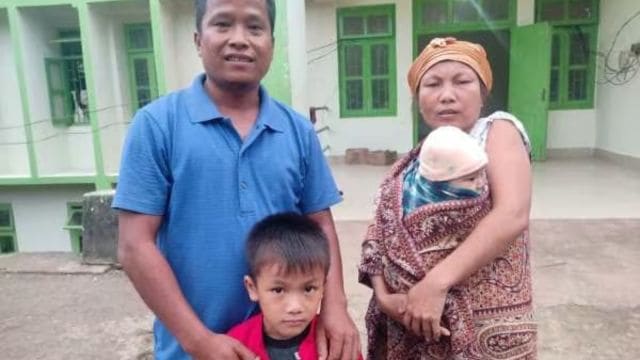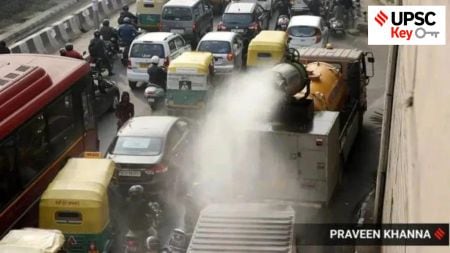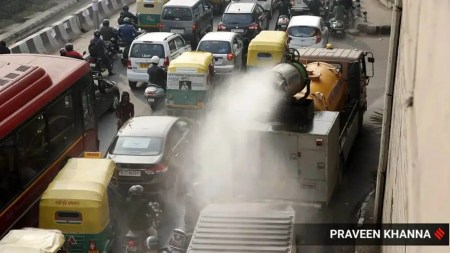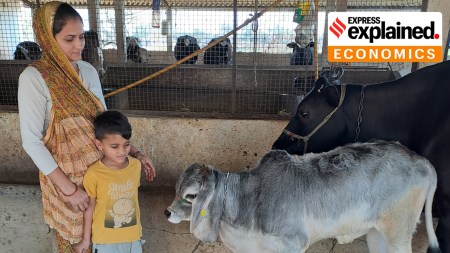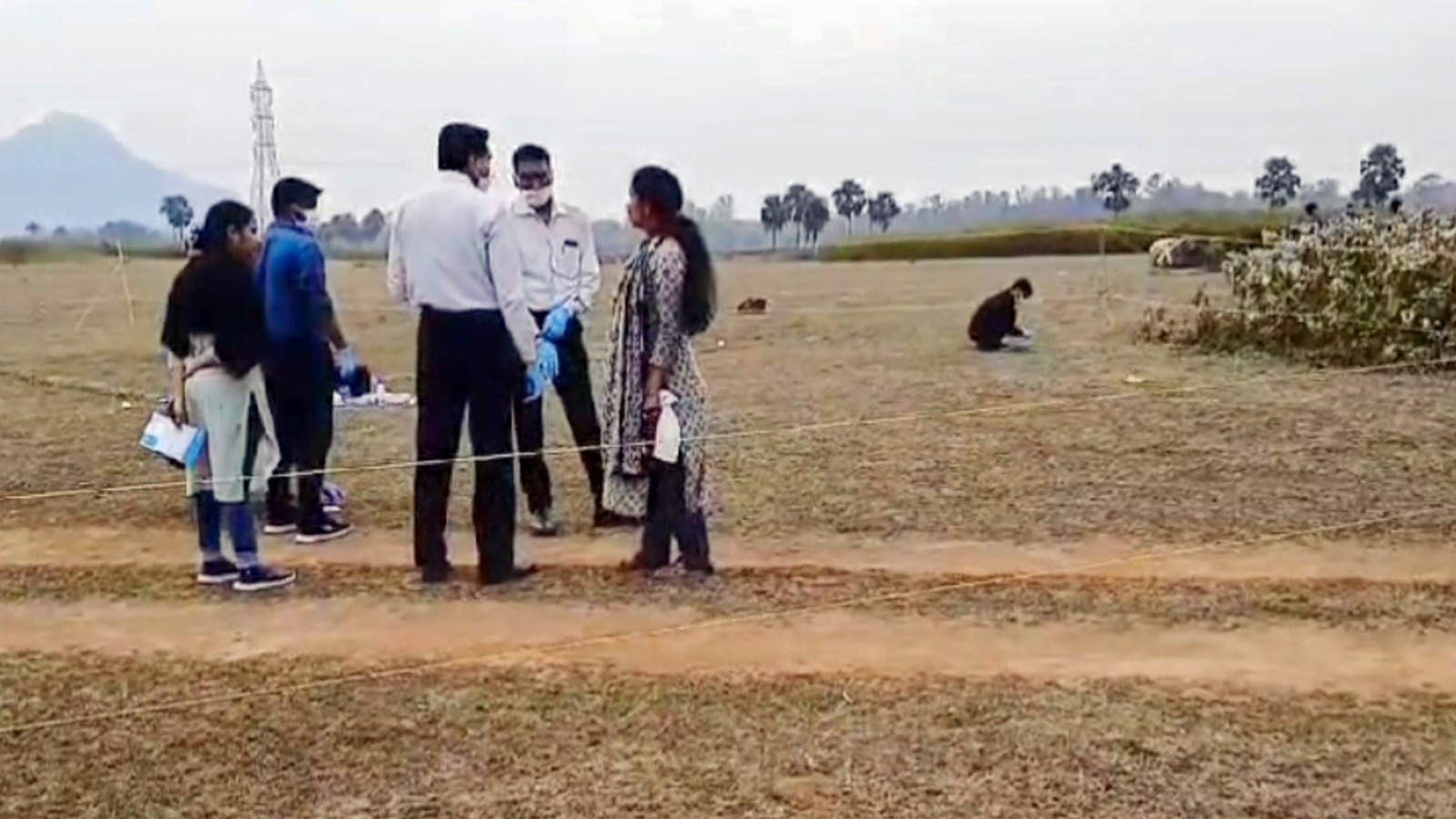
At 5 pm on a Monday, a bell rang at the polytechnic college in Mizoram’s Thingdawl village, signaling dinner time for the 67 Kuki-Zomi families from Manipur residing in the complex. The menu, consisting of rice, yellow dal, and potatoes, has remained the same for the past six months.
As the Mizoram state legislative assembly elections draw near, the situation of these refugees and their home state is a prominent topic of discussion among political leaders, workers, and the media. Since May 3, over 12,000 people from the Kuki-Zomi community, who share a common ethnicity with the Mizos, have sought refuge in Mizoram.
The relief camp at the Thingdawl polytechnic is situated in Kolasib district, bordering Assam’s Cachar district, and has housed the largest number of displaced individuals, peaking at 4,415 in mid-June. Despite being central to the election discourse, these individuals will not be eligible to vote. Instead, their focus is on rebuilding their lives in an unfamiliar place.
Seimintang Singson, a former teacher from Manipur’s Jiribam district, is now overseeing the relief camp at the Thingdawl polytechnic. He, along with other men at the shelter, now work odd jobs in betel nut farms or labor for the Public Works Department to earn Rs 500 a day. He arrived at the shelter on May 28 with his family, fleeing due to his daughter Kimi’s birth complications.
Kimi, one of three babies born at the relief center, is now being cared for by her mother. The Laymen’s Evangelical Fellowship from Andhra Pradesh has opened a tuition center for displaced children, including Kimi’s brother.
Various stakeholders, including civil society organizations, village councils, and the church, are supporting the refugees during their stay. The relief camp, run by the district administration and block development office, receives assistance from local volunteers and other stakeholders.
Thomas Lalengliana, president of the district unit of the Young Mizo Association, mentioned that civil society’s ability to support the displaced individuals is dwindling. Although initially providing relief supplies, the organization can no longer sustain this level of assistance in the long run.
Many refugees have transitioned from camps to living among villagers, taking up odd jobs to sustain themselves. Some families still reside in a camp at New Builum village, where the village council vice-president expressed challenges in providing continued support.
Despite the difficulties of living in a new place with limited resources, many refugees prefer staying in Mizoram for its peace and hope for a better future. The political parties in Mizoram have varying stances on the Manipur crisis and refugee situation, reflecting in their election campaigns.
